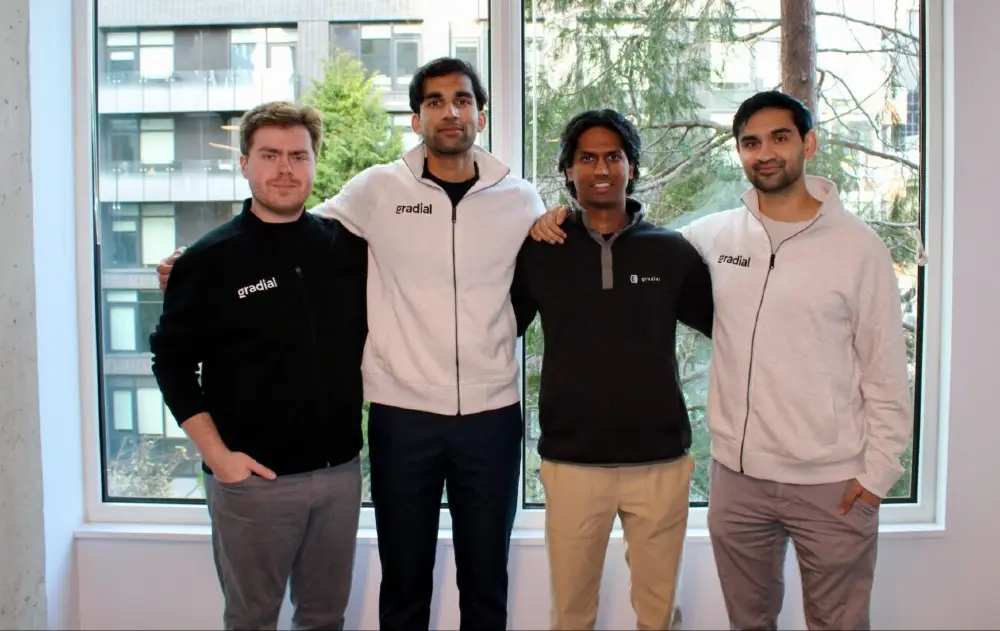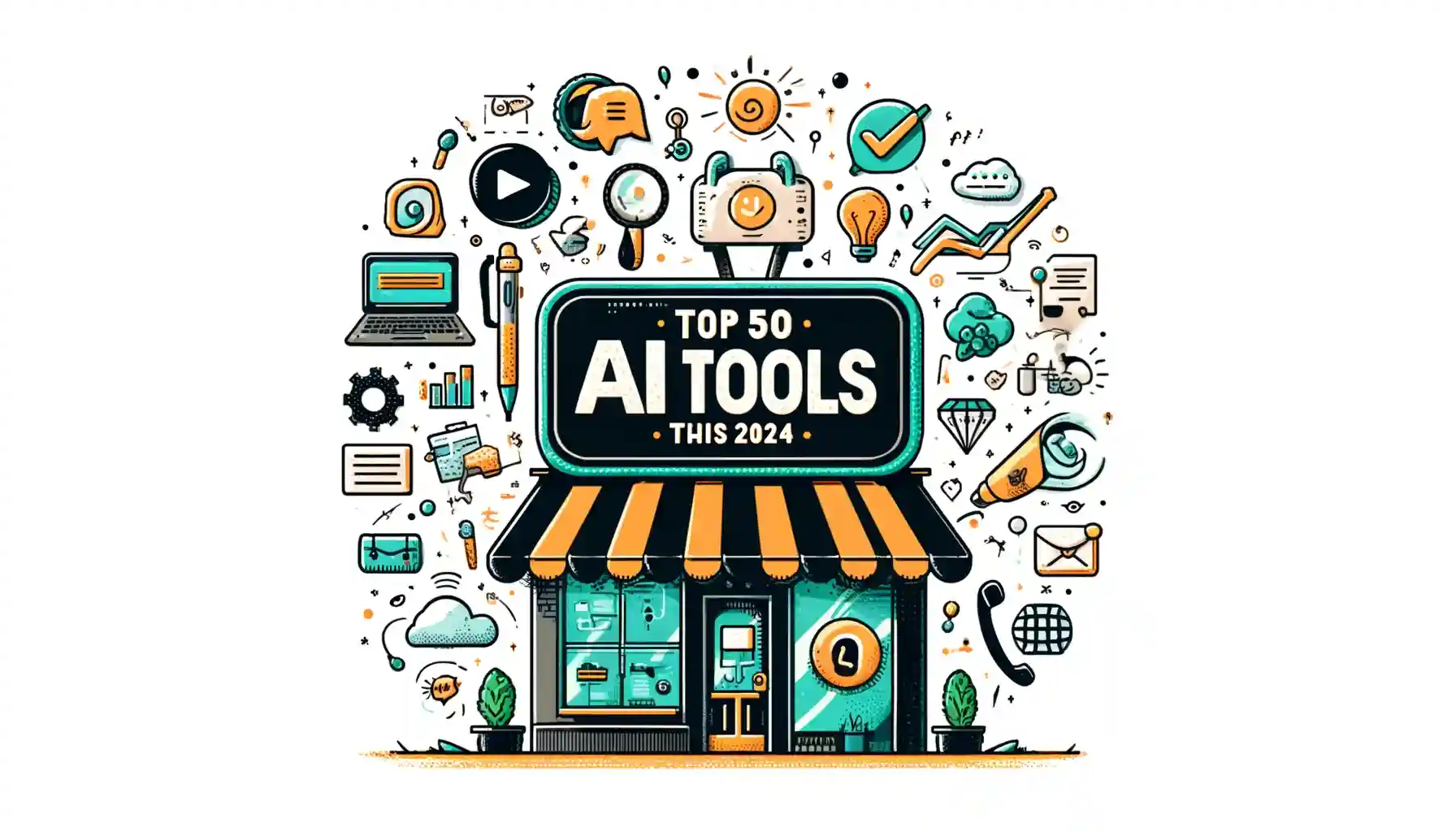Gradial raises $13M to automate enterprise content ops with AI agents
Gradial secures US$13M to help marketers automate CMS production, QA, and campaign ops using AI agents.

Last month, Seattle-based Gradial raised US$13 million in Series A funding to scale its AI-driven platform that automates enterprise marketing operations. With blue-chip clients and 30x revenue growth last year, the startup is doubling down on the often-overlooked bottleneck of the content supply chain.
In this article, we break down how Gradial’s agentic AI works, what’s driving traction, and how it stacks up against competitors in the growing AI-for-marketing operations space.
What is Gradial?
Gradial builds AI agents that automate key processes across the enterprise content supply chain—think CMS page creation, campaign QA, SEO governance, and brand compliance.
Unlike many AI startups focused on generating content, Gradial addresses the backend operations that stall production cycles. Its AI agents integrate with tools like Adobe Experience Manager, Workfront, and Figma to help marketing teams reduce manual tasks such as ticket triage, asset updates, and compliance checks.
These agents don’t replace creative work—they handle the tedious steps between idea and execution.
Why this matters for marketers
Marketing teams are producing more content than ever—but publishing it efficiently is a different story. Fragmented tools, governance gaps, and manual review processes stretch SLAs and delay campaigns.
Gradial aims to solve that by:
- Automating content authoring and CMS workflows
- Enforcing brand, SEO, and accessibility standards
- Enabling faster experimentation and variant creation
- Reducing reliance on large ops teams or external agencies
In short, it helps teams go from “approved brief” to “live experience” without the ops bottleneck.
As marketing shifts toward omnichannel personalization at scale, platforms like Gradial offer a path to operational maturity—and measurable ROI.
What is Gradial's traction?
The martech firm has reported:
- 30x year-over-year revenue growth in 2024
- Projected 200%+ growth in Q1 2025
- A growing enterprise client base, including AWS, Adobe, dentsu | Merkle, EPAM Systems, Slalom, and Infogain
- A current team of 20 employees, with plans to double in 2025
- Nearly US$20 million in total funding
Its recent US$13 million Series A was led by Madrona, with participation from Pruven Capital, General Advance, Outsiders Fund, and DLA Piper.
According to the company, clients have already seen performance lifts in compliance, speed, and content impact across large-scale web environments.
Who are Gradial’s founders?
Gradial was founded in 2023 by a team of experienced operators:
- Doug Tallmadge (CEO): Former engineering lead at SpaceX, where he scaled Starlink’s network simulation team and user base from zero to 500k.
- Anish Chadalavada (Chief Growth Officer): Previously led AI strategy at Microsoft and worked in VC at Point72 Ventures.
- Anup Chamrajnagar (COO): Former fintech investor at Point72 and Plaid; also served as CFO/COO at Certa.
- Deip Kumar (CTO): Former software engineer at SpaceX and Microsoft, with deep technical experience in infrastructure and simulation.
The team’s collective background spans enterprise SaaS, deep tech, and high-scale engineering—setting the stage for an enterprise-grade AI platform.
Who are Gradial’s competitors?
Gradial competes in a rising category of AI-driven marketing ops automation. Key players include:
- Moveworks: Known for IT support automation, it’s now expanding into enterprise workflows, including marketing. Raised over US$300 million, used by companies like LinkedIn and DocuSign.
- Workato: An automation platform for business operations, with integrations across martech stacks. Serves over 17,000 customers with US$400M+ in funding.
- Typeface: An AI-based content creation platform for businesses, founded in 2022, with total funding of US$206 million. Typeface offers tools for personalized content generation at scale.
The bottom line
Gradial is betting that the next big unlock in enterprise marketing isn’t flashy content—it’s the plumbing behind it. With agentic AI handling the ops layer, marketers can accelerate content delivery while enforcing quality at scale.
As AI budgets shift from experimentation to operational integration, tools like Gradial could become critical infrastructure.
This post is created by ContentGrow, providing scalable and tailored content creation services for B2B brands and publishers worldwide. Book a discovery call to learn more.




